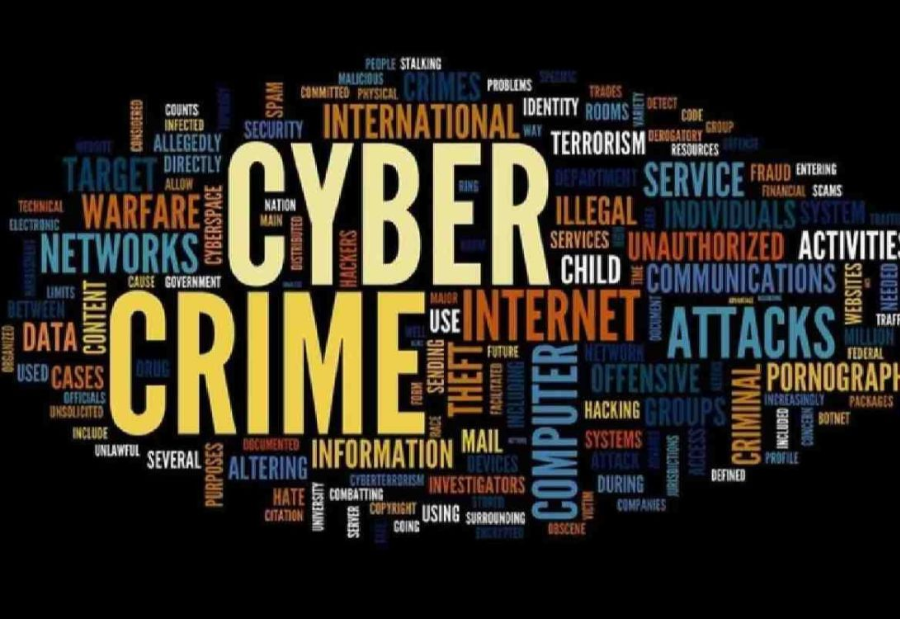Cybercrime losses in Delhi have reached alarming levels, with residents losing an estimated ₹1,450 crore over the past 11 years, according to official data. The national capital has emerged as a major hotspot for online fraud, and the financial toll is rising sharply.
In 2024 alone, cybercriminals defrauded Delhiites of ₹817 crore through 1,591 reported incidents. During the first half of 2025, a further ₹70.64 crore was lost in 184 cases. Officials say this trend reflects an increasingly aggressive and evolving threat.
Deputy Commissioner Hemant Tiwari of the Delhi Police Cyber Cell said that nearly 700 people fall victim to cyber scams every day, with 200 to 250 of these being financial fraud cases. Common tactics include digital arrest scams, fraudulent investment and loan app schemes, OTP theft, sextortion, and deepfake blackmail.
Over the past decade, the city’s growing reliance on UPI, digital wallets, online investment platforms, and instant communication has given cybercriminals new opportunities. Victims are often targeted through fake legal notices, promises of high returns, or impersonation tricks that lead to instant transfers into mule accounts or digital wallets.
Tracking stolen money remains a major challenge. Criminals spread funds across multiple bank accounts, withdraw cash via ATMs, or convert the proceeds into cryptocurrency or gift cards to erase digital trails.
According to the Indian Cyber Crime Coordination Centre (I4C), over ₹10,300 crore has been stolen in cyber fraud cases across India since April 2021. Authorities have been able to block around ₹1,127 crore, highlighting the importance of quick reporting.
Delhi Police have expanded their cybercrime response network, with one cyber police station now active in each of the 15 districts. Specialised units such as the Intelligence Fusion and Strategic Operations (IFSO) and the Special Police Unit for Women and Children (SPUWAC) handle sensitive matters. Citizens are advised to use the 1930 helpline and the National Cyber Crime Reporting Portal to report cases promptly, as blocking funds within 24 hours greatly increases the chances of recovery.
Experts warn that technology alone cannot stop cybercrime and that public awareness, digital education, and legal literacy are essential to protect citizens from online fraud.
Also read: Viksit Workforce for a Viksit Bharat
Do Follow: The Mainstream formerly known as CIO News LinkedIn Account | The Mainstream formerly known as CIO News Facebook | The Mainstream formerly known as CIO News Youtube | The Mainstream formerly known as CIO News Twitter |The Mainstream formerly known as CIO News Whatsapp Channel | The Mainstream formerly known as CIO News Instagram
About us:
The Mainstream formerly known as CIO News is a premier platform dedicated to delivering latest news, updates, and insights from the tech industry. With its strong foundation of intellectual property and thought leadership, the platform is well-positioned to stay ahead of the curve and lead conversations about how technology shapes our world. From its early days as CIO News to its rebranding as The Mainstream on November 28, 2024, it has been expanding its global reach, targeting key markets in the Middle East & Africa, ASEAN, the USA, and the UK. The Mainstream is a vision to put technology at the center of every conversation, inspiring professionals and organizations to embrace the future of tech.




